 How to Build a Digital Library for Your College Years
How to Build a Digital Library for Your College Years
Man, college isn’t just about ramen noodles and all-nighters—it’s also a money pit, especially when it comes to textbooks. You’d think by now we’d have figured out a cheaper way to crack open a book, right? Lugging around a stack of overpriced, brick-heavy textbooks is honestly ridiculous. No wonder so many students are bailing on dead trees and going full digital.
So, building your own digital library while you’re in college? Absolute game-changer. You’ll save cash (seriously, those textbook prices are criminal), keep your stuff organized, and have everything you need at your fingertips—literally. Here’s how to build your digital book stash and actually make it work for you.
Why Bother with a Digital Library Anyway?
Let’s talk numbers. College Board says students drop, what, $500 to $1,200 a year on textbooks? That’s like…a semester’s worth of pizza. Digital books? Usually 50–70% less. Also, you can carry like 200 books on your phone—try doing that with paperbacks. Searching for stuff is a breeze, too. No more flipping through 900 pages hunting for that one definition. Plus, you’re not killing trees. Mother Earth says thanks.
Step 1: Pick Your Weapon (aka Device)
Your setup matters. If you’re into multitasking or need to take notes, your laptop’s your best friend. If you just want to crash on the couch and read, tablets or eReaders (like Kindle or iPad) are easy on the eyes. And hey, even your phone works for quick study sessions between classes. If your stuff can sync across all your devices—congrats, you’re living in 3024.
Step 2: Where to Actually Get the Books
Don’t go broke buying overpriced eBooks. Here’s where to look:
– CSTBooks.com – Cheap PDF textbooks for U.S. college folks.
– Amazon Kindle Store – Basically has everything.
– Chegg – Rent or buy digital textbooks.
– VitalSource – Tons of academic titles.
– OpenStax – Free, and I mean actually free, textbooks.
Step 3: Keep Your Digital Library From Turning Into a Dumpster Fire
You gotta stay organized or you’ll spend more time looking for files than actually studying. Sort your stuff into folders by subject (like “Psychology” or “Business”), slap clear names on files (not “finalFINAL2.pdf” please), and maybe use handy tools like Calibre for tagging. Back it all up. Google Drive, Dropbox, whatever—just don’t lose all your notes the night before finals.
Step 4: Grab the Best Apps and Tools
– Kindle, Google Play Books, Apple Books: Read anywhere.
– Calibre: Convert and organize eBooks (and it’s free).
– Notion/Evernote: For notes and highlights—don’t just highlight, actually use them.
– Zotero/Mendeley: Perfect for research nerds.
Step 5: Make Studying Less Painful (Or At Least More Efficient)
Highlight stuff, scribble notes right in your eBooks, make some flashcards for those pesky terms, and if you hate reading, just let your device read to you (TTS is a lifesaver). Sync your highlights so you don’t “accidentally” lose them.
Step 6: Keep That Library Growing
Snag new eBooks every semester, but don’t delete the old ones—never know when you’ll need them for reference. Share with friends (if you’re not breaking any rules, of course). Also, keep an eye on free resources—OER is your friend.
Why You’ll Thank Yourself for Doing This
Finals week? Less panic, ‘cause everything’s in one place. You’ll be way more organized, save real money, and learn habits that’ll actually help after college (yes, adulting is real). Plus, every job now expects you to be cool with digital stuff, so you might as well start now.
Building a digital library isn’t just “collecting eBooks”—it’s making your life way easier and a lot less expensive. Pick the right device, find solid book sources, organize your stuff, and use the right apps. You’ll thank yourself later.
No joke, go check out CSTBooks.com for cheap eBooks and get your digital library rolling. Your wallet (and your backpack) will thank you.
Buy ebook here :
Mobile Apps Engineering: Design, Development, Security, and Testing – eBook






